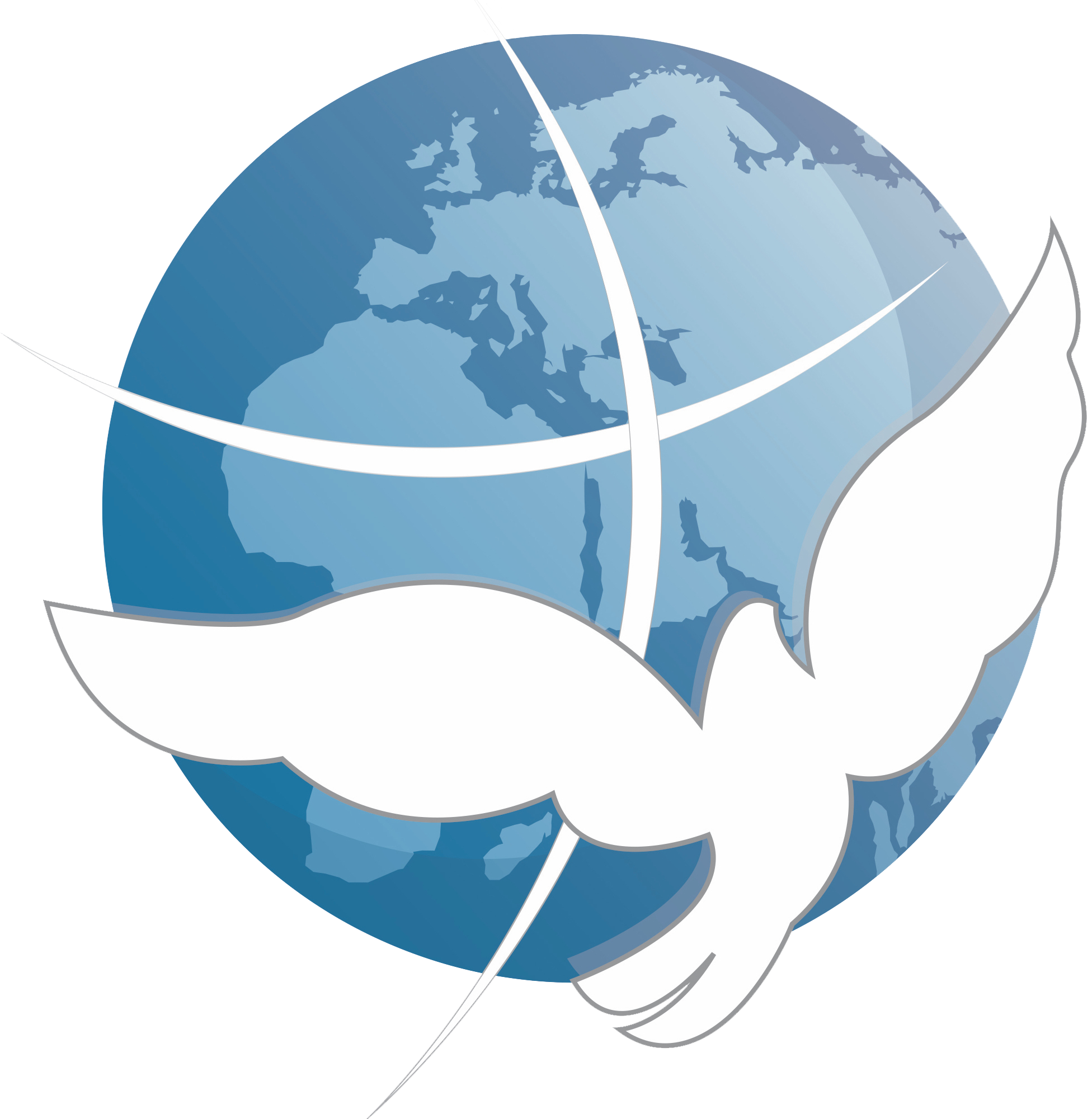Articles
Interview of Nuna Matar for International Women’s Day 2017
This interview was done by Children on the Edge for International Women’s Day 2017. Feel free to also check out their website. BE BOLD FOR CHANGE Interview conducted by Children on the edge The theme for the 2017 International Women’s Day is #BeBoldForChange and we are privileged to be partnering with a number of truly inspirational women, who constantly use boldness and strength to bring about change for women and girls in their communities. Nuna Matar is the Director of Triumphant Mercy, the Lebanese NGO we partner with to provide education for refugee children in Lebanon. We interviewed Nuna about what inspires her to be bold in creating change, what changes are possible, and how she overcomes obstacles and barriers in her work.
| 1. Can you describe why you first wanted to help Syrian refugees in your community? We started the NGO in 2006 and then started working with refugees in January 2013. I guess I would call it a nudge in the spirit to reach out to the refugees in our area. It wasn’t work I particularly desired, but more of a compelling call from within to go ahead and do something and bring a change. 2. Have there been things that have happened in your life that have inspired you to do the work you do now? I lost my parents when I was young. My mother died when I was 10 due to sickness and my father was shot during the Lebanon civil war by a sniper when I was 15. I know what it is like to live in pain or in need. I look at people as people who are in need and my response when I see a need is to do something. With the refugees it was initially hard for me to even consider reaching out to Syrian people. Because of our country’s history, they would naturally be my enemies. Syria had occupied Lebanon for years and had really mistreated the Lebanese people. At the end of the day though people are people, and when we look at individuals as human beings, not as a race or ethnic group, when we encounter their misery, look at their trauma and understand their fears, this completely changes our perspective. 3. Have there been barriers you have had to overcome to achieve what you are doing now? If so, how did you overcome them? A big barrier has been the lack of resources and expertise. When we started we were just a church humanitarian branch with no structure and no system, but then we moved to become a separate organization. Still we didn’t have many resources and we started out simply going out playing with refugee children, taking a football or beads. We were seeing so much need but at the time we couldn’t do much about it as we didn’t have a structure in place, didn’t know any of the NGO requirements and policies, so I had to have an accelerated learning program ‘on the job’, learning in few weeks what takes years of university to learn. I learned by trial and error how to open a school for refugees in the camps, I learned things ranging from building a tent with my own hands, to coordinating with other NGOs working in the area, to dealing with camp leaders, to understanding a culture that is so different than mine. Deciding to have Syrian teachers was the right thing to do, but it is a challenge! Now we have four schools running and a community center. We have about 500 children that we are educating and a growing number of adults that are taking language classes with us. The most difficult thing is prioritizing the urgent versus the important. It is always a hard thing to dismiss immediate needs, so ensuring sustainability can be hard . Funders tend to think in terms of years or nice neat projects so it’s always a challenge to know who will stay by your side for the next phase. Designing an exit strategy is hard in a protracted emergency! We just keep planning, we keep people motivated, and we don’t lose sight of our goal. 4. Are there any situations in your work that are made either harder or easier because you are a woman? I live in a society that looks down on women, yet I am a camp leader (about 47 tents with 400 people), the head of four refugee schools in informal camps and the manager of a community center in Beirut. Doing all these things in a culture that has a strong middle eastern view that women are inferior is a challenge. I have to deal with angry men, take hard decisions and many times have a very tough attitude. In the Syrian community, and especially in camps where we work, most people are illiterate. The women’s roles are just to get married when they’re 16 or 17 and have children. It is a disgrace for women if they don’t have lots of babies. So women are not part of decision making, or any leadership. I have to get the balance between really being tough, whilst at the same time trying to show compassion, this is a very difficult combination as a woman. On the other hand, as a woman I can easily build relationships with women. As a camp leader, I have to deal with men a lot, but I have the advantage of also being able to work with women. Usually a male camp leader can only deal with men. All our school principals and most of our teachers are women and they find it easier to talk to me as a woman. I think I am in inspiration to them. As they see me do what I do, they get the boldness to step up into their own roles. |




